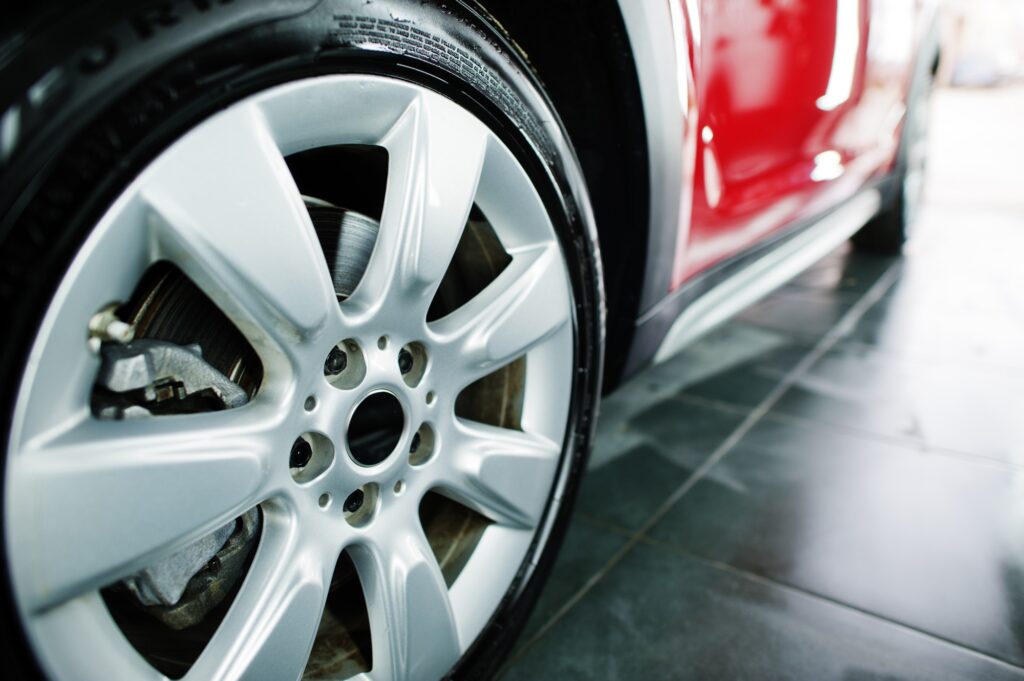When it comes to purchasing a vehicle, horsepower is a term that often gallops into the conversation. It’s a metric glamorized by car commercials and spec sheets, promising the potential for speed and power. But what is horsepower, and why does it matter to buyers? Understanding the concept of horsepower and how it differs from torque is crucial in making an informed decision. In this exploration, we will delve into the importance of horsepower and distinguish it from its mechanical counterpart, torque, to equip prospective buyers with the knowledge they need when choosing their next vehicle.
Understanding Horsepower Significance
Horsepower is a unit of measurement for power, the rate at which work is done. In the context of vehicles, it quantifies the engine’s capability to move the car forward. Generally, a higher horsepower rating indicates a more powerful engine that can achieve higher speeds, carry heavier loads, and provide a quicker acceleration. It’s a critical factor for those who prioritize performance, whether for personal satisfaction or practical purposes like towing or hauling.
While a car with a high horsepower rating can be exhilarating, buyers should be aware of potential trade-offs. High-horsepower vehicles often consume more fuel and may come with a steeper price tag, both in upfront cost and insurance rates. It’s also worth considering that the advertised horsepower is typically measured under ideal conditions and may not fully translate to real-world performance, which can be influenced by vehicle weight, transmission efficiency, and aerodynamics.
Understanding horsepower is not just about the raw numbers; it’s about recognizing how those numbers translate to the driving experience. A vehicle with ample horsepower can provide a sense of confidence on the highway, enabling easy passing and merging. However, for city driving or daily commutes, the importance of horsepower may diminish, as traffic conditions rarely allow for the full potential of the engine to be utilized.
Horsepower vs. Torque: Key Distinctions
Torque is often mentioned in the same breath as horsepower, yet it represents a different aspect of an engine’s performance. Torque measures the rotational force that the engine generates, and it’s expressed in pound-feet (lb-ft) or Newton-meters (Nm). It is torque that you feel when you press the accelerator and get pushed back into your seat—an immediate response that translates to the wheels and propels the vehicle forward.
The difference between horsepower and torque is not just in their definitions, but also in how they influence driving. Horsepower is a function of torque and engine speed (RPM), meaning that horsepower ratings typically peak at higher RPMs. Torque, on the other hand, is often most abundant at lower RPMs, which is why it is associated with the vehicle’s ability to accelerate from a stop and its pulling power.
One common misconception is that more horsepower equates to faster acceleration, but it’s actually torque that plays a more significant role in getting a car moving. Horsepower does become more important at higher speeds when sustaining velocity and overcoming air resistance is critical. Therefore, a balanced relationship between horsepower and torque is ideal for a well-rounded vehicle performance, and buyers should consider both metrics when evaluating a vehicle’s capabilities.
In the pursuit of the perfect vehicle, horsepower often reigns supreme in the minds of many buyers. However, a deeper understanding of what horsepower represents and how it interacts with torque can illuminate the true nature of a car’s performance potential. Savvy buyers who grasp these concepts are better positioned to select a vehicle that aligns with their driving needs and expectations. Whether craving the thrill of high-speed driving or the robust power needed for towing, knowing the intricacies of horsepower and torque will steer consumers toward making an empowered purchase.
Please rate this post

With over 20 years of experience in the car business, I’ve navigated the evolution of the industry from traditional sales to the dynamic digital age. My journey through various roles in both sales and management has endowed me with a unique perspective on the challenges and opportunities in automotive sales today.
As the founder of Shawn Ryder Digital, I combine my extensive background in technology with my deep understanding of the automotive industry. This synergy allows me to craft digital marketing strategies that are not just effective but tailored to the specific needs of each dealership. My commitment is to drive your sales, enhance your brand awareness, and ensure your dealership thrives in the digital landscape.
Here at Shawn Ryder Digital, we’re not just about providing services; we’re about building partnerships. As I often say, “In the fast-paced world of digital marketing, staying ahead isn’t just an option; it’s a necessity.”
Together, let’s embrace the challenges of the digital age and turn them into opportunities for growth and success. Join me in redefining the future of automotive digital marketing. Let’s accelerate your dealership’s journey to the top.
